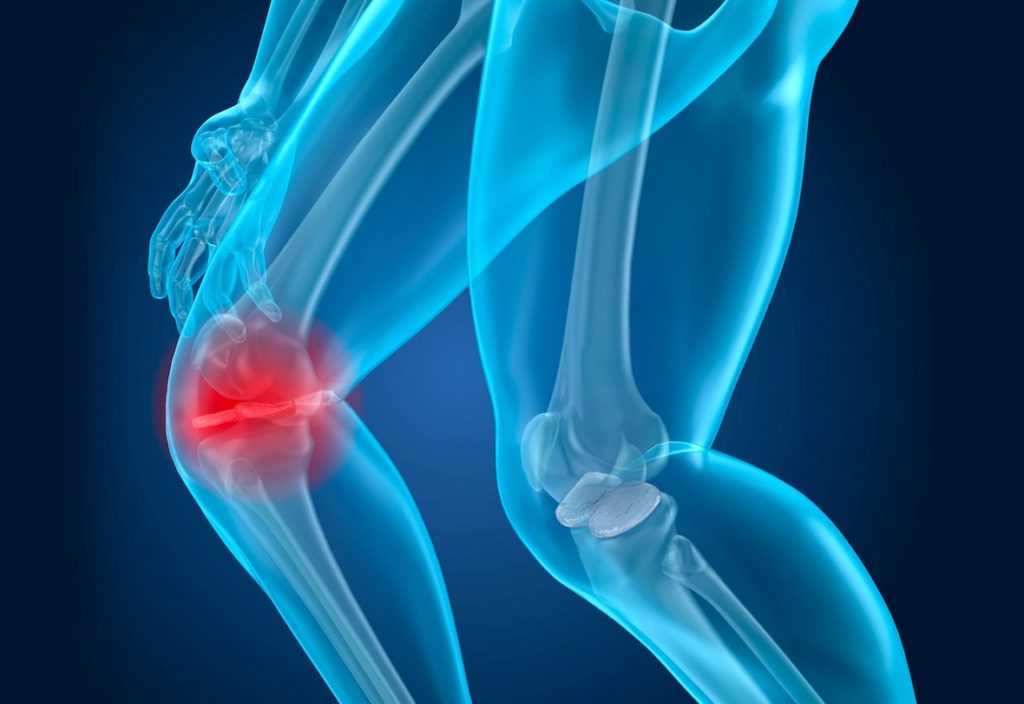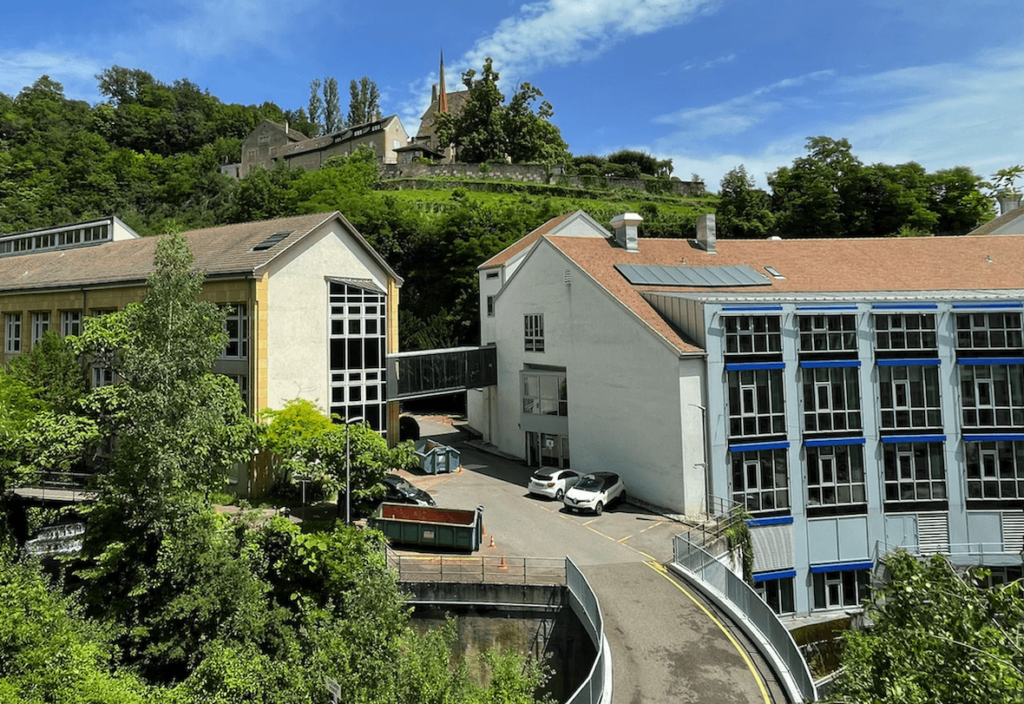
Hand sanitizer: a Swiss invention that has been saving lives for decades
30 March 2020

The most sought after product in the midst of the COVID-19 pandemic is a Swiss invention. The hydro-alcoholic gel was formulated in the 1970s by William Griffiths, then a pharmacist at Fribourg Cantonal Hospital. The solution was further developed and democratized by Didier Pittet, an infectious diseases expert at Geneva University Hospitals. In 1974, the […]
The most sought after product in the midst of the COVID-19 pandemic is a Swiss invention. The hydro-alcoholic gel was formulated in the 1970s by William Griffiths, then a pharmacist at Fribourg Cantonal Hospital. The solution was further developed and democratized by Didier Pittet, an infectious diseases expert at Geneva University Hospitals.
In 1974, the management of Fribourg Cantonal Hospital tasked William Griffiths with developing an alcohol-based solution to facilitate hand disinfection. After two years of research, the pharmacist presented the results of his work: a mixture of water, synthetic alcohol and chlorhexidine, an antiseptic known for its effectiveness. The Fribourg Cantonal Hospital decided to make the solution available to other Swiss hospitals in order to promote hospital hygiene. William Griffiths’ career then led him to the Geneva University Hospitals (HUG), where he continued to work on his formula.
In the 1990s, Didier Pittet, a doctor working at HUG, started looking for a quicker and simpler alternative to hand washing by soap, a time-consuming yet critically important action that healthcare workers had to perform 20 times per hour on average. Luckily, a pharmacist working at HUG happened to be a specialist in alcohol-based solutions. The hydro-alcoholic gel was born in 1995 thanks to the collaboration between William Griffiths and Didier Pittet.
A Swiss innovation becomes a global standard
Today, Dr. Pittet’s strategy to prevent hospital-associated infections – known as the “Geneva Hand Hygiene Model” – is implemented by 170 countries worldwide, and hydro-alcoholic solutions are on the WHO list of essential medicines.
Didier Pittet’s team relinquished all intellectual property rights on their invention and gave the chemical formula to WHO in order to avoid speculation from private companies. As a result, anyone can manufacture hydro-alcoholic gel today. Some countries produce the stocks they need locally from raw materials such as sugar cane, cassava or nuts.

